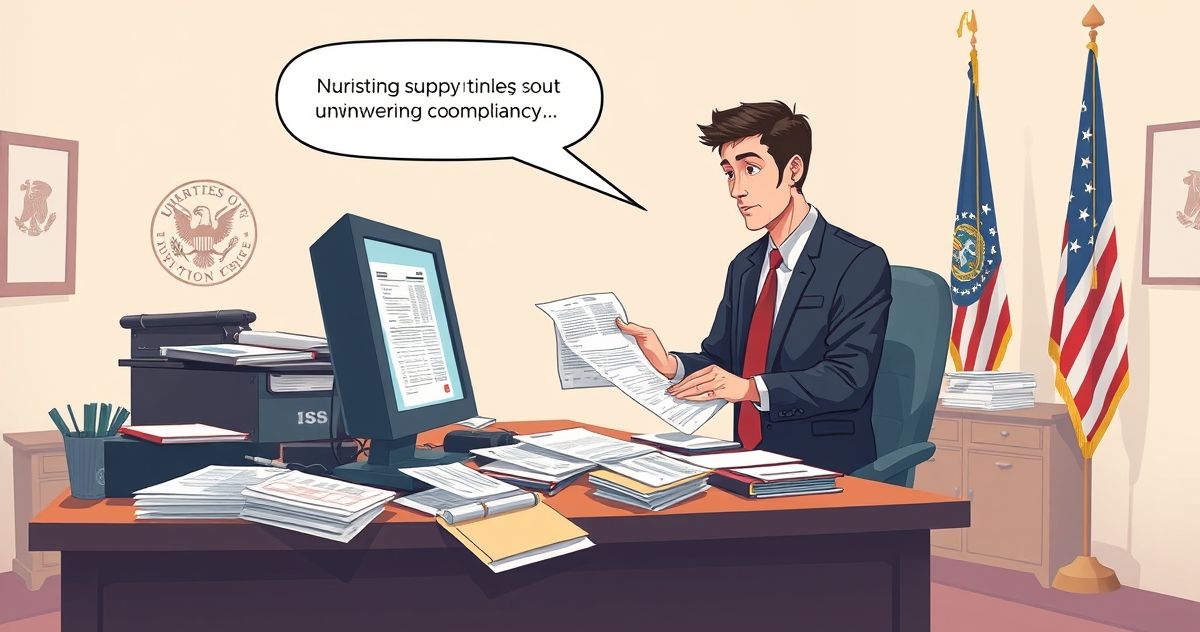Understanding the Role of Revenue Officer in Taxpayer Support
Revenue Officer Taxpayer Support plays a pivotal role in the realm of taxation, particularly concerning the Internal Revenue Service (IRS) in the United States. A Revenue Officer (RO) is a specialist tasked with the responsibility of assisting and enforcing taxpayer compliance, particularly in cases related to delinquent taxes and complex or large tax liabilities. This role is critical in ensuring that individuals, businesses, and other entities meet their tax obligations efficiently and effectively. The concept encompasses a comprehensive support mechanism provided to taxpayers by these officers, who are part and parcel of the IRS enforcement and compliance arm.
Primary Purpose of Revenue Officer Taxpayer Support
The primary purpose of Revenue Officer Taxpayer Support is to enforce compliance with tax laws, assist taxpayers in understanding their obligations, and resolve any issues related to unpaid taxes or unfiled tax returns. Revenue Officers work directly with taxpayers who have outstanding tax debts to develop payment solutions such as installment agreements or offers in compromise, thereby helping to ameliorate financial burdens while ensuring adherence to legal requirements.
Key Features and Components
- Investigation and Analysis: Revenue Officers undertake thorough investigations of taxpayers who owe significant debts. These investigations include examining financial statements, reviewing account histories, and assessing the taxpayer’s ability to pay.
- Collection Actions: Revenue Officers are authorized to take collection actions, including placing levies on assets or garnishing wages when taxpayers fail to comply voluntarily. Their goal is to ensure the collection of taxes owed.
- Taxpayer Education: Another essential component of their role is to educate taxpayers about their rights and responsibilities, helping them navigate tax laws and implications effectively.
- Assistance with Negotiation: Officers aid in negotiating payment plans that are feasible for taxpayers while ensuring they meet their tax obligations.
Filing and Compliance Requirements
Revenue Officers assist taxpayers in meeting various IRS filing and compliance requirements. This includes filing delinquent tax returns and ensuring up-to-date compliance with current tax obligations. Revenue Officers may demand full financial disclosure to establish appropriate settlements and compliance strategies.
Penalties and Consequences for Non-compliance
Failure to cooperate with Revenue Officers can result in severe penalties and consequences. These might include imposing liens or levies on personal or business assets, garnishing wages, or escalating the case to legal avenues if deemed necessary. Such measures are typically taken when a taxpayer fails to respond or negotiate satisfactorily with the IRS, highlighting the importance of timely and cooperative interactions with Revenue Officials.
Significance in Tax Resolution and Financial Compliance
The significance of Revenue Officer Taxpayer Support in tax resolution is enormous. They serve as point persons in navigating severe tax challenges, delivering structured solutions to complex financial situations. Through strategic enforcement and taxpayer education, these officers uphold the integrity of the tax system and enable a fair environment for compliant taxpayers. By facilitating settlements and promoting fair code execution, Revenue Officers contribute significantly to the overall financial compliance landscape.
In conclusion, Revenue Officer Taxpayer Support underscores the importance of both enforcement and cooperative resolution of tax compliance issues. The role these officers play is vital in shaping taxpayer behavior, ensuring robust financial compliance, and supporting taxpayers towards practical resolutions of their tax matters. Understanding their function and the potential repercussions of non-compliance is essential for any taxpayer or entity seeking to maintain or restore their standing with the IRS. Thus, the engagement between Revenue Officers and taxpayers embodies a strategic nexus crucial for both tax collection agency operations and taxpayer welfare.

